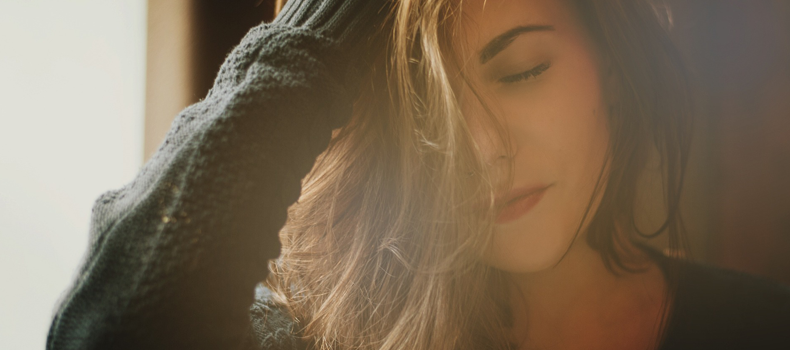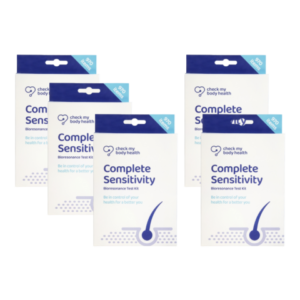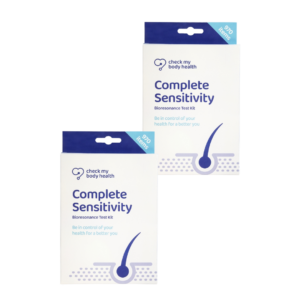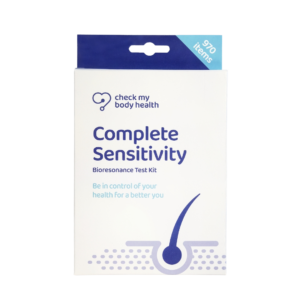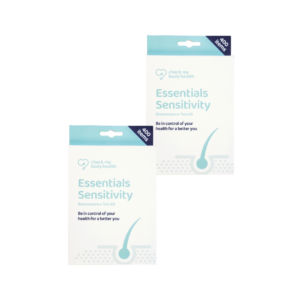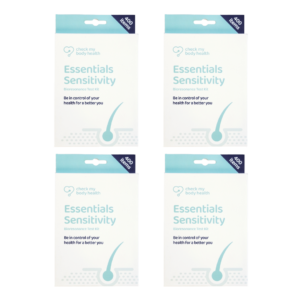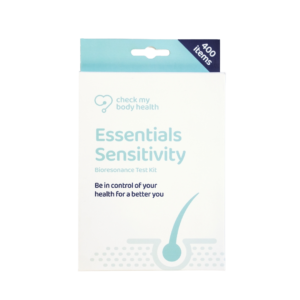Published March 29, 2021
We’ve all seen them, those ads that lurk in various corners of the internet promising lustrous locks and shiny curls if you only take this or that hair supplement.
Generations of men worried about their receding hairlines have been the traditional market for hair supplements but women also worry about the health of their hair, which can grow thin and brittle due to stress, illness or just advancing years.
So let’s take a look at the crucial question: do hair supplements work? And the answer is: it’s complicated. Unfortunately a cure for male pattern baldness remains as elusive as ever and you won’t find an all conquering key to healthy hair for sale in your local branch of Boots. And that’s because hair is an organ as complex as any other part of our bodies, with multiple intersecting influences contributing to health or illness.
Nevertheless, there is good reason to believe some nutritional supplements can help keep your hair healthy.
What kinds of hair supplements are available?
Explore the shelves of your local health food shop and you will find products that claim to reduce stress levels, minimise hormone disruptions, provide antioxidants or reduce inflammation.
Some, meanwhile, take a much more straightforward approach and are designed to simply address any vitamin and mineral deficiencies the purchaser may have – and unfortunately, only this latter kind has been shown to have any kind of provable efficacy. In other words, hair supplements are only really worth seeking out if you have a specific nutritional deficiency.
Vitamins and minerals that may be good for hair loss and hair health include:
Iron
This key mineral plays a vital role in hair growth. But thanks to the menstrual cycle, women are more prone to anaemia – iron deficiency – and as a result may have low levels of ferritin, the protein that carries iron through our bloodstreams. But don’t go overboard, as an excess of iron has been linked to liver damage
Vitamin A
Low levels of vitamin A may result in dry skin and this will also in turn affect hair growth.
Vitamin C
This vitamin is closely involved in multiple processes within the body, including the growth of healthy hair.
Niacin (vitamin B3)
A lack of niacin will affect your skin, damage hair health and can even cause a rash.
Vitamin B1 (biotin)
Low levels of biotin can lead to brittle, breakable hair strands.
How to find out if you have a deficiency
Inexpensive and easy to use, these use-at-home kits can provide you with a detailed analysis of the current state of your health, allowing you to identify the optimal mix of nutrients for your body and improve your health.
Of course, consulting your GP is still advisable in some circumstances. Hair thinning and loss can be a symptom of underlying health problems, including dermatological problems and hormone imbalances, so it is always worth seeking medical advice if your hair has begun to visibly deteriorate in a short space of time.
Written by Bev Walton
Food Writer and Nutritionist, dietician
A chef of over 35 years with experience in all types of cuisine, dietary plans, recipe development, health and nutrition. I have been writing for over 10 years for both magazines, websites and ghostwriting for ebooks, Kindle and fully published books. I have a degree in nutrition and dietetics and work with restaurants and organisations within the healthcare profession. I am also able to take high quality photographs of recipes created. No writing task is too great, and whilst I specialise in the above, I am able to write about any topic you throw at me. Member of the Guild of food writers.

